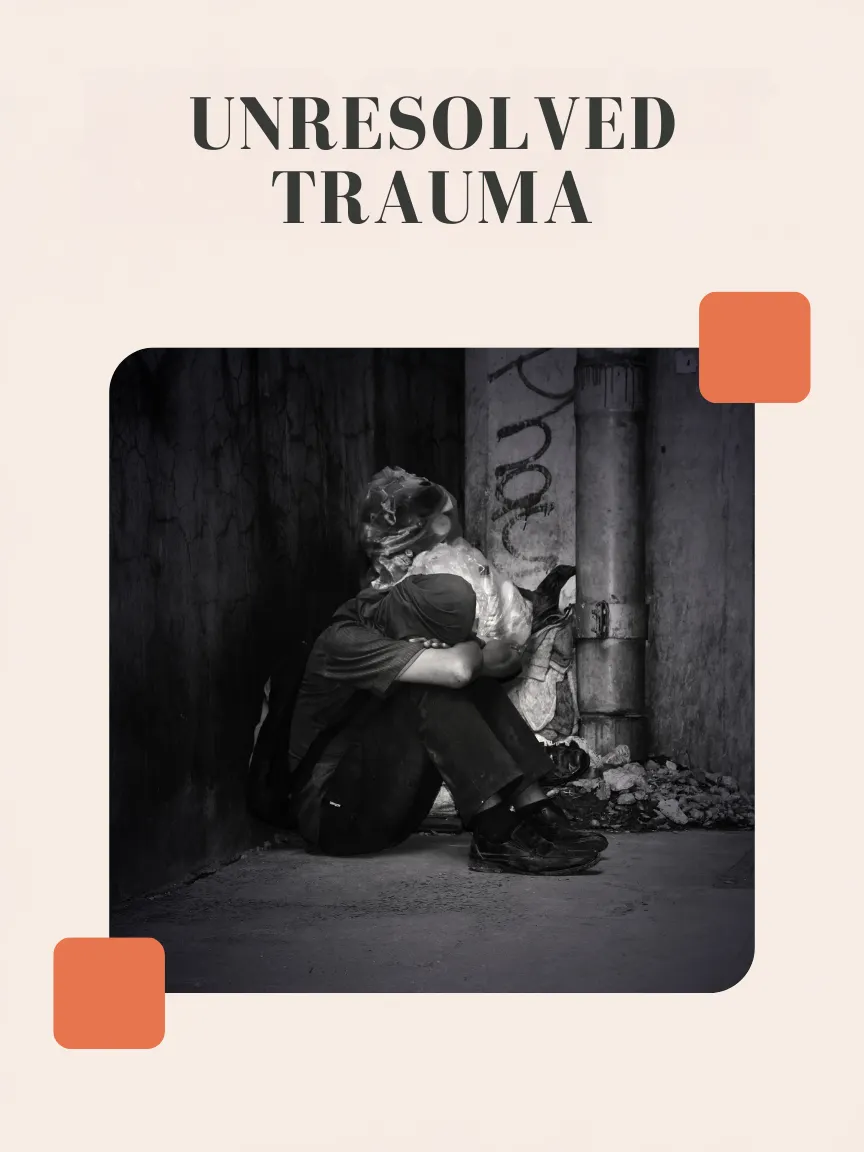Ever wake up from a dream where someone was trying to harm you, your heart racing and mind filled with questions?
These unsettling dreams aren’t just random nightmares—they often carry deeper meaning, reflecting hidden fears, unresolved conflicts, or even external pressures from your waking life.
Dreams like these are your subconscious mind’s way of grabbing your attention.
They might point to inner struggles, vulnerability, past trauma, or stressors in your daily life.
Let’s dive into the common interpretations of such dreams and uncover what they might reveal about your emotional state and personal challenges.
Common Interpretations of Dreaming About Someone Trying to Harm You

These dreams often reflect specific aspects of your emotional or psychological state. Whether it’s unresolved conflict, fear of vulnerability, or suppressed emotions, the attacker in your dream serves as a symbol for challenges you’re facing in real life.
Each interpretation sheds light on what your subconscious may be trying to tell you, offering clues for growth and resolution
Inner Conflict Resolution

Dreams about someone trying to harm you often symbolize internal struggles. The attacker may represent unresolved aspects of yourself, like addiction, self-doubt, or fear of failure. For example, if you’re facing a tough career choice, the attacker could embody the anxiety holding you back.
The level of violence in the dream typically reflects how strongly you’re resisting necessary changes in your life. Observing the attacker’s behavior can reveal self-sabotaging patterns you might not consciously recognize.
These dreams urge you to confront your fears, take accountability for your actions, and work towards resolution in your waking life.
Fear of Vulnerability

Feeling threatened in a dream can reflect real-life vulnerability. These dreams often surface during times when you feel exposed, such as starting therapy, entering a new relationship, or sharing personal projects.
The type of attack often mirrors the specific fear. For instance, being stabbed could symbolize betrayal concerns, while being chased might point to avoiding emotional intimacy.
Identifying the context of your vulnerability can help clarify what’s triggering these dreams. By addressing these fears and building confidence in your boundaries, you can transform vulnerability into personal growth.
Unresolved Trauma

These dreams can serve as processing mechanisms for past traumas, especially if you’ve experienced physical threats or emotional abuse. The attacker may share characteristics with past abusers or represent situations where you felt powerless.
If the dreams are recurring with the same scenario, they’re likely pointing to a specific unresolved experience that requires professional help to process and overcome.
External Pressure

The attacker represents deadlines, demanding bosses, financial stress, or family expectations crushing your sense of control. Note the timing of these dreams – they often intensify before major presentations, evaluations, or life decisions.
The dream’s environment may mirror where you feel most pressured: office settings suggest work stress, while home settings point to family pressure.
Boundary Violations

These dreams occur when you’re failing to protect your physical, emotional, or professional boundaries. The attacker often resembles people who regularly dismiss your limits – demanding friends, manipulative partners, or intrusive family members.
The attack method reflects how your boundaries are being violated – restraint dreams suggest controlling relationships, while pursuit dreams indicate persistent boundary-crossers.
Fear of Losing Control

Dreams of being harmed can symbolize a fear of losing control in your life. The attacker may represent situations or people that make you feel powerless, such as demanding responsibilities, difficult relationships, or unexpected life changes.
These dreams often arise during periods of instability or when you’re struggling to maintain authority over your choices. The severity of the attack can reflect how overwhelmed you feel. To address this, focus on areas where you can regain control, set priorities, and establish clear boundaries to restore balance in your waking life.
Suppressed Emotions
An attacker in your dream may represent emotions you’ve been suppressing, like anger, guilt, or frustration. These feelings can build up and manifest as aggression in your dreams, urging you to confront them.
If you find the attacker’s actions particularly intense, consider whether you’ve been avoiding emotional expression. Journaling or talking to someone you trust can help release these pent-up feelings. Recognizing and addressing these emotions can prevent them from disrupting your subconscious and provide emotional relief.
Fear of Change

Dreams about harm may also signify resistance to change. The attacker could symbolize the unknown or the challenges associated with stepping out of your comfort zone. For instance, starting a new job, moving to a new place, or ending a relationship could trigger these dreams.
The intensity of the attack may reflect your reluctance to embrace change. Reflect on what changes you’re resisting and why. By reframing these transitions as opportunities for growth, you can reduce the fear tied to these dreams and move forward with greater confidence.
Emotional Release Through Dreams: How Your Mind Seeks Healing
Sometimes, dreams about harm are less about fear and more about releasing pent-up emotions. Your mind uses these intense scenarios as a safe space to process suppressed anger, sadness, or frustration.
For instance, if you’ve been bottling up resentment towards someone, the attacker in your dream could symbolize that person or the emotions tied to them. The act of harm might represent your subconscious working through these feelings, pushing you to acknowledge and confront them.
If the emotions linger after you wake up, consider journaling or talking to someone you trust. These steps can help bridge the gap between your dream world and waking life, offering clarity and emotional relief.
Conclusion: What Your Dreams Are Really Telling You

Dreaming about someone trying to harm you might feel terrifying, but these dreams can be profound messages from your subconscious. They reflect your inner battles, vulnerabilities, or external stressors, urging you to take a closer look at your emotional and mental well-being.
Instead of brushing off these dreams as meaningless, try to interpret them in the context of your current life. Whether they signal unresolved trauma, unexpressed emotions, or boundary violations, they can guide you towards self-awareness and growth.
So next time you wake up startled from such a dream, take a deep breath—it might just be your mind’s way of helping you heal and navigate life’s challenges.



